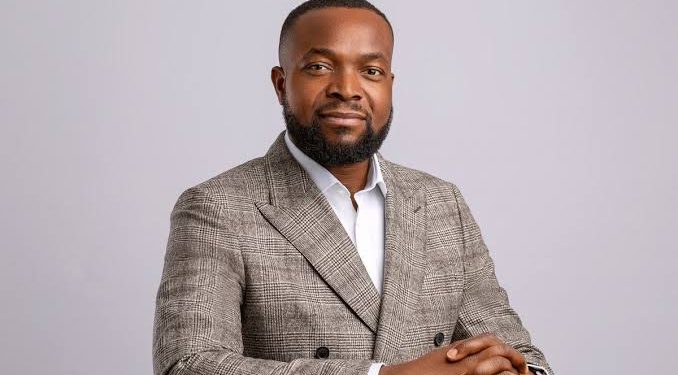The Federal Government has launched a digital village pilot project in Ibwa 2, a rural community in Gwagwalada, Federal Capital Territory, providing free internet access in a move to narrow Nigeria’s digital divide and connect underserved populations to critical services.
The Minister of Communications, Innovation and Digital Economy highlighted the urgency of the initiative, revealing that over 20 million Nigerians still lack any form of telecommunication access. He noted that poor connectivity has far-reaching consequences for financial inclusion, healthcare delivery, education, and national security. Many communities, he said, remain completely cut off, making governance and service delivery difficult.
The Ibwa 2 pilot is the first step in a larger national plan to deploy 7,000 telecom towers across Nigeria. The community, home to over 12,000 people, now has access to a wide range of digital services beyond basic mobile connectivity. A local hospital is connected to the internet, enabling telemedicine through equipment donated by Huawei. During the launch, the community chief held a live consultation with a doctor in Abuja using the new system.
Education is also being transformed. A school in the area, short on teachers, now benefits from remote teaching, with a science teacher in Lagos delivering lessons through the digital infrastructure. Community-wide Wi-Fi access ensures that residents can connect to the internet for learning, work, and communication.
The project focuses on bridging digital inequality by prioritising unconnected regions. The minister stated that over 80 per cent of these communities are located in northern Nigeria. “Where you live should not determine your access,” he said, reiterating the government’s aim to bring nearly all Nigerians online.
In partnership with technology giant Huawei, the ministry donated 125 low-cost smartphones, valued at $25 each, to residents through the community chief. These devices are part of a broader plan to make affordable technology more accessible, with discussions underway on local manufacturing.
Huawei’s Managing Director in Nigeria described the collaboration as groundbreaking, built around three pillars: mobile connectivity, digital education, and accessible healthcare. He stated that the initiative would empower rural Nigerians to participate in the digital economy and access global opportunities.
Globacom, a major telecommunications partner in the project, underscored the importance of affordable mobile access and praised the partnership for bringing connectivity to neglected communities. Company representatives urged residents to safeguard the infrastructure and take full advantage of the digital tools now available to them.
The Ibwa 2 digital village marks a significant milestone in Nigeria’s drive toward nationwide digital inclusion, reflecting a commitment to integrate rural populations into the economic and social benefits of the digital age










